It's not a choice. It's a human being
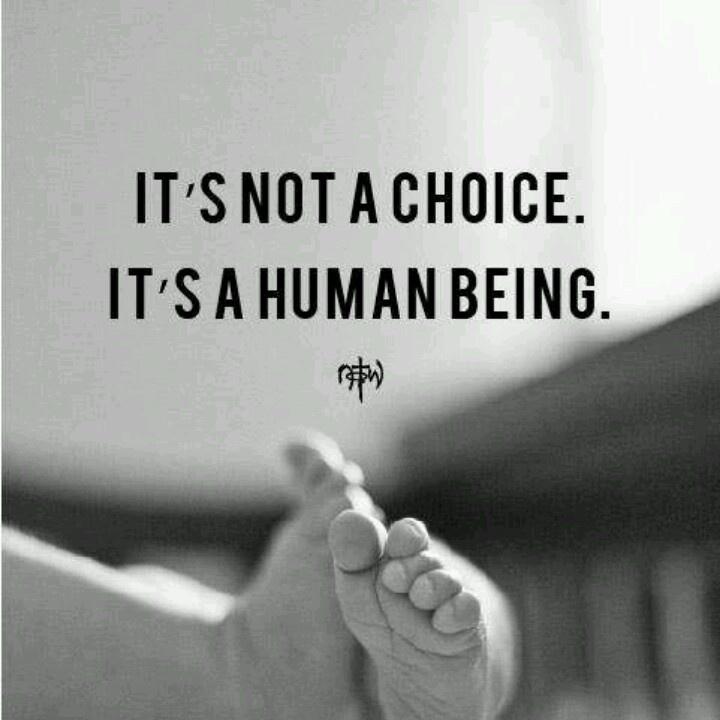
It's not a choice. It's a human being
The phrase "It's not a choice. It's a human being" is a powerful statement that challenges the notion that certain aspects of a person's identity or existence are simply a matter of choice. This phrase is often used in discussions surrounding issues such as gender identity, sexual orientation, and even the right to life of unborn children. It serves as a reminder that at the core of these debates are not just abstract concepts or ideologies, but real, living human beings whose experiences and identities are deeply intertwined with their sense of self.One of the most common contexts in which this phrase is used is in discussions about LGBTQ+ rights. Many people argue that being gay, lesbian, bisexual, or transgender is a choice, and therefore not deserving of the same rights and protections as other aspects of a person's identity. However, this argument fails to recognize the lived experiences of LGBTQ+ individuals, who often report feeling a deep sense of their own identity that is not easily changed or chosen. For many LGBTQ+ people, their sexual orientation or gender identity is an intrinsic part of who they are, not something they can simply choose to change at will.
Similarly, the phrase "It's not a choice. It's a human being" is often used in debates about abortion. Proponents of abortion rights argue that a woman should have the right to choose what happens to her own body, while opponents argue that the fetus is a human being with its own rights that should be protected. By emphasizing the humanity of the fetus, this phrase challenges the idea that abortion is simply a matter of choice, and instead forces us to confront the ethical implications of ending a potential human life.
Ultimately, the phrase "It's not a choice. It's a human being" serves as a powerful reminder that behind every debate about identity, rights, and ethics are real, living human beings whose experiences and identities deserve to be respected and protected. It calls on us to move beyond simplistic notions of choice and instead engage with the complex realities of human existence.
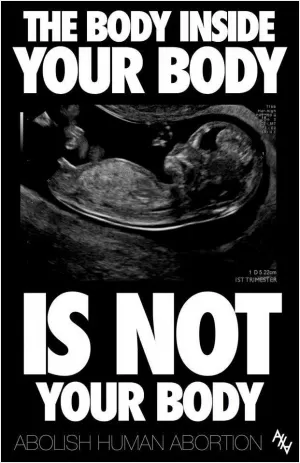
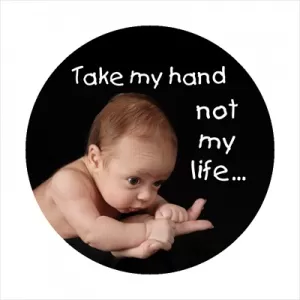
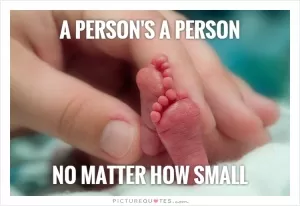
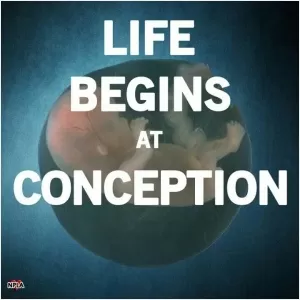
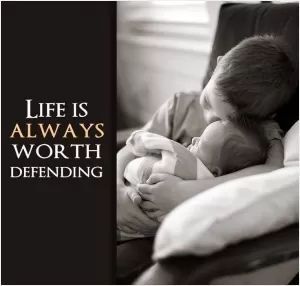
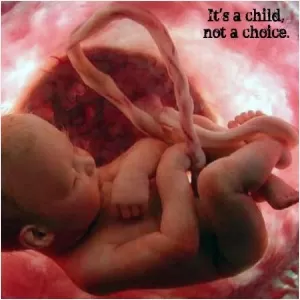
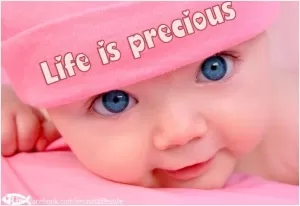
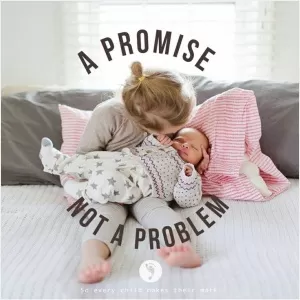
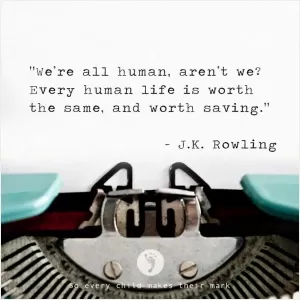
 Friendship Quotes
Friendship Quotes Love Quotes
Love Quotes Life Quotes
Life Quotes Funny Quotes
Funny Quotes Motivational Quotes
Motivational Quotes Inspirational Quotes
Inspirational Quotes